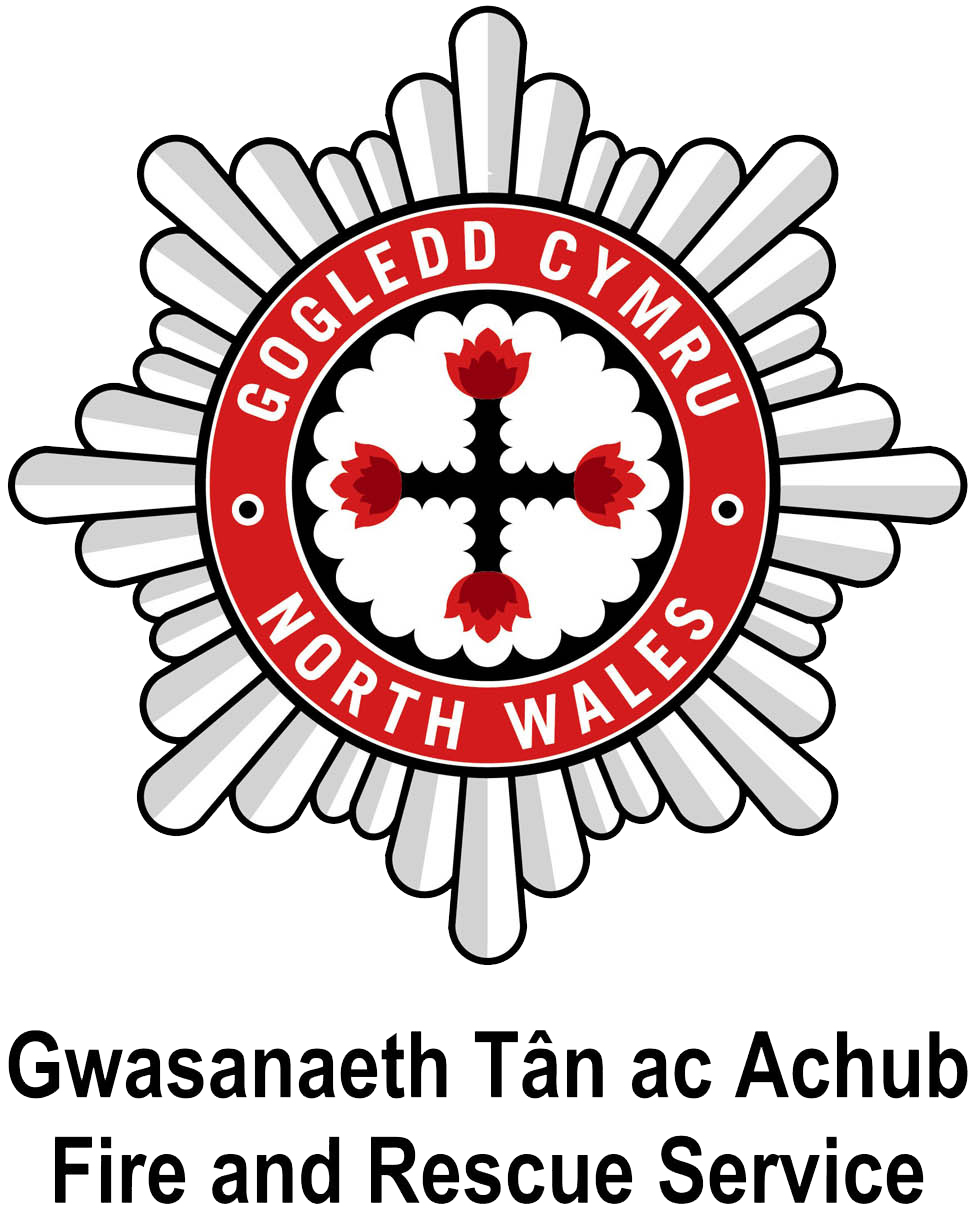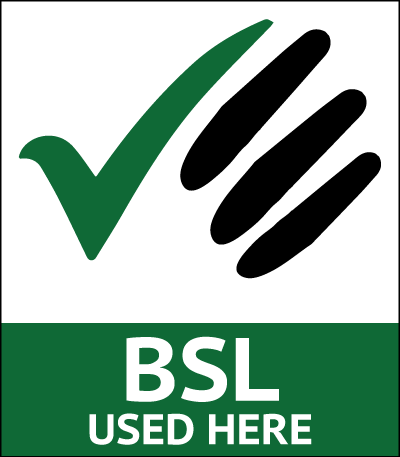Wholetime Crew Manager
Name: Helen
Role: Crew Manager (Temporary) at a Wholetime fire station.

A little bit about my role…
In the role of Crew Manager on an operational station, I work within a team of three managers to deliver and address the daily needs of the crew and station.
This includes allocation of crew duties and riding positions for each day and organisation of daily activities for the operational crew.
What activities do you do on a typical day?
On station, I liaise with organisations and individuals to arrange home safety checks, station visits, attendance at events or to assist with the smooth running of an operational station; most of which is shared between the four operational crews that rotate on the shift pattern.
I have very recently changed roles and am now working to assist, address and maintain the Service’s equipment usage, information and maintenance in support of operational delivery.
What do you enjoy about your job?
Obviously I enjoy the operational response side; not knowing what we are going to be faced with, and the decision-making that goes with resolving an incident; detailing the crew and problem solving to achieve the best outcome.
I like that there is more to it than just the operational side, like managing the crew’s training and development: getting everyone working together and keeping on top of our knowledge and practical abilities.
On a watch I analyse the skills and activity recording and decide what training everyone needs and plan sessions accordingly; from choosing the classroom resources from the intranet, to deciding how to set up an exercise to practice the skills, e.g. which scenario to give to the crew or where to locate the dummy casualty while doing exercises in the smoke house.
I also enjoy the various interactions with members of the public – not just at incidents.
As part of the role, we also visit people in their homes and give home safety advice for prevention of fires. We fit smoke alarms, including specialist ones for members of the community who are deaf, which I think is just as important as responding to incidents.
Why did you choose this career?
I thought it would be a good challenge, a motivation to keep fit and an opportunity to help people and the opportunity to use some interesting equipment that not many other people do!
I like working in a team and building the sense of support that we need to be able to rely on one another in pressurised situations like fires.
I also enjoy working with other organisations to assist both response and prevention – Police, Ambulance or Natural Resources Wales, as well as schools, community groups or individuals.
What qualifications or experience do you think are necessary to do this job?
Apart from the obvious required entrance criteria:
Flexibility – being able to respond to changing circumstances. Whatever is planned in a day, as soon as the bells sound, everything changes, no matter if you are talking to a member of the community delivering home safety advice, or sitting through a lecture. We have to be able to work under pressure when we need to in an instant, and to support each other as a team under any circumstances – and practice doing that during our training exercises to give us confidence in each other as well as ourselves. This includes being able to gel and have a laugh together as we do have to spend a lot of time together and get to know how each other tick and respond. I may be a manager, but that wouldn’t mean anything without the crew being happy to carry out my plan.
Life experience in general is really useful: especially an ability to relate to people that you work with and members of the community.
The ability and self-discipline to guide your own learning and the determination to learn about new equipment or methods as they are developed – we are constantly training with updated approaches or having newer equipment to use to improve what we do, so the willingness to learn and progress are key to a good, interesting career.
What advice would you give to someone wanting to pursue this career?
Speak to people in different roles – there is much more to being a firefighter than you may think.
Just like any job, most of it is less glamorous than what the public see, so you have to be prepared to clean stuff and look after stuff as well as run around repeating the same practical skills until you know them well enough to do them automatically.
We work together with other emergency services and agencies – not just at incidents, but as an organisation to work towards prevention of incidents, including youth work and attendance at community information and education events.
As individuals we are also required to undertake new learning and improve standards all the time, in our operational delivery and in the course of personal development, whether promotionally or just within a team.
Be sure you are happy to maintain a level of fitness for your whole career even if you are in an office.
Be mindful of how the world around you works: what helps people interact and work well together.

